Non-surgical skin-tightening has soared in popularity in recent years. People are clamoring for these incredible technologies that can restore your skin's youth and vitality without leaving scars and requiring days of downtime.
One treatment that is really gaining attention in the cosmetics industry is radiofrequency (RF) therapy. RF therapy is a non-invasive technology that uses skin-tightening to fight the effects of aging on the skin.
However, hearing a term like ‘radiofrequency’ can often mislead people who aren’t familiar with the science behind it. It’s easy to think of words like “radioactivity”, and to steer clear of RF as a result.
So we’re going to tackle the subject and explore whether or not RF therapy is safe for use on your skin. Hopefully, you’ll be able to decide if it’s the right treatment for you.
How Does Radiofrequency Therapy Work?
Let’s establish what radiofrequency skin-tightening actually is. This non-invasive skin-tightening treatment uses thermal damage to stimulate the production of collagen and elastin.
It utilizes low-level radiofrequency wavelengths to produce heat and uses this heat to penetrate and warm the deeper layers of the skin. In particular, it heats the fibroblast cells that maintain skin structure by generating collagen. The heat-shock of the radiofrequency treatment stimulates the growth of collagen and elastin.
The renewal of collagen and elastin in the skin causes it to become tighter, firmer, and more youthful looking. The appearance of wrinkles, fine lines, sagging, and scarring is significantly reduced. RF treatment is suitable for all skin types.
Is Radiofrequency Safe For Your Skin?
The proposed safety of RF therapy for use on the skin has been largely affirmed by the scientific community. Various tests and assessments have been undertaken to verify that it is completely safe, as long as all equipment is used correctly.
There are some potential side effects of RF skin-tightening, but these are relatively minor and can include redness, tingling, and swelling of the skin. People with darker skin tones may be at higher risk of these side effects.
Radiofrequency skin-tightening has also been FDA-approved since 2001 since it first broke into the cosmetics industry. The United States Food and Drug Administration “classifies devices according to risk,” and the agency requires any technology they assess to provide sufficient scientific evidence for claims of safety and efficacy before they can be approved.
The American Cancer Society and Federal Communications Commission have also carried out reports on radiofrequency exposure and possible risks. The only risk issue was the reported possibility of tumor growth on animals after intensive, long-term exposure (9 hours daily), which will never be replicated with RF skin-tightening treatments.
Final Thoughts
If you are looking for a safe and effective skin-tightening treatment that is non-invasive and requires little downtime, radiofrequency skin-tightening is worth considering. Radiofrequency skin-tightening can be administered both through clinical treatment and with at-home equipment.
If you prefer the convenience of having treatment on hand at all times, why not try the EvenSkyn® Lumo? This premium anti-aging and skin-tightening handset uses advanced radiofrequency and light therapy to tighten and rejuvenate the skin.
References:
- https://pubmed.ncbi.nlm.nih.gov/27474769/
- https://www.americanboardcosmeticsurgery.org/are-radiofrequency-treatments-really-safe/
- https://www.fda.gov/consumers/consumer-updates/it-really-fda-approved
- https://www.healthline.com/health/beauty-skin-care/radio-frequency-skin-tightening#potential-side-effects
- https://pubmed.ncbi.nlm.nih.gov/26560216/


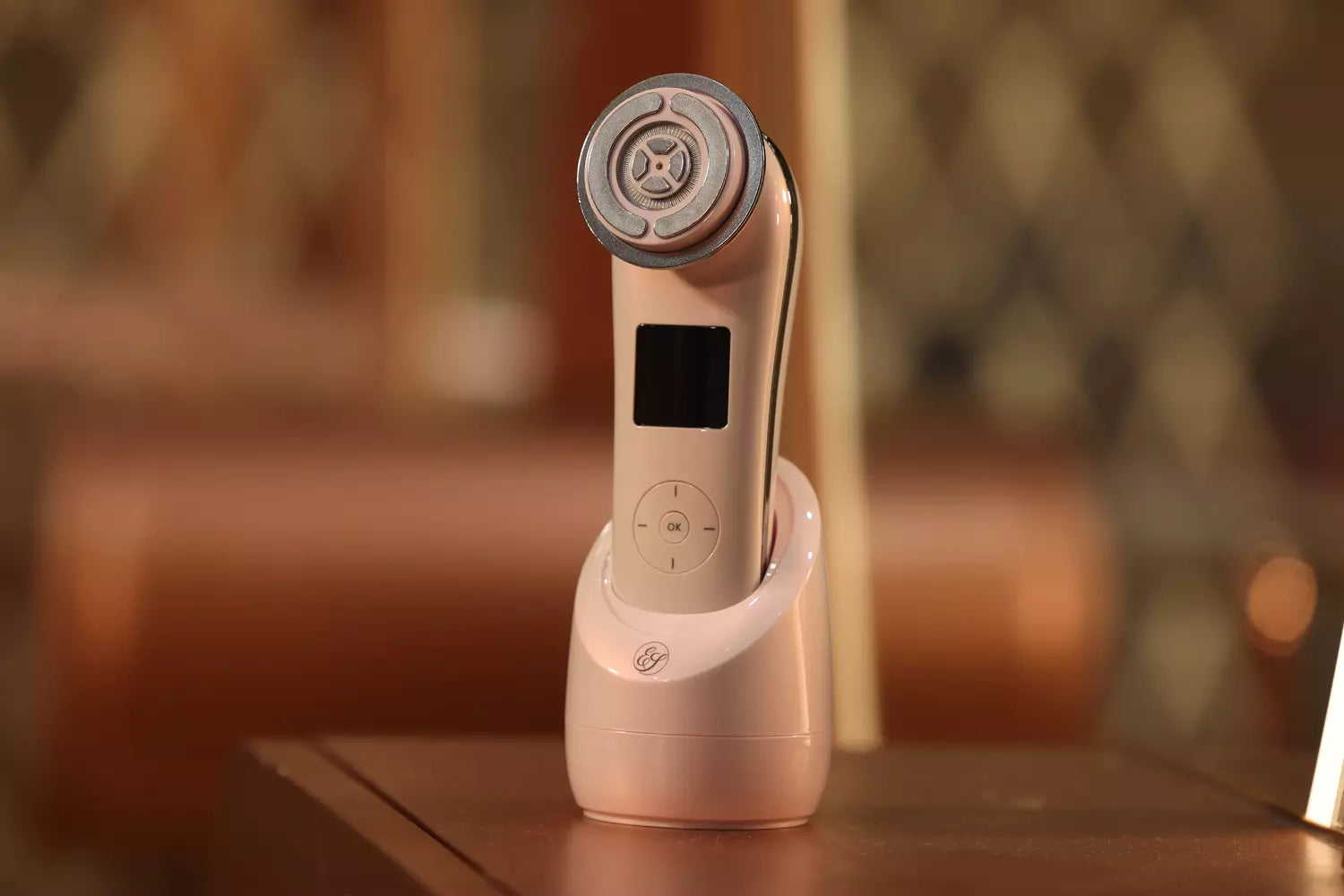
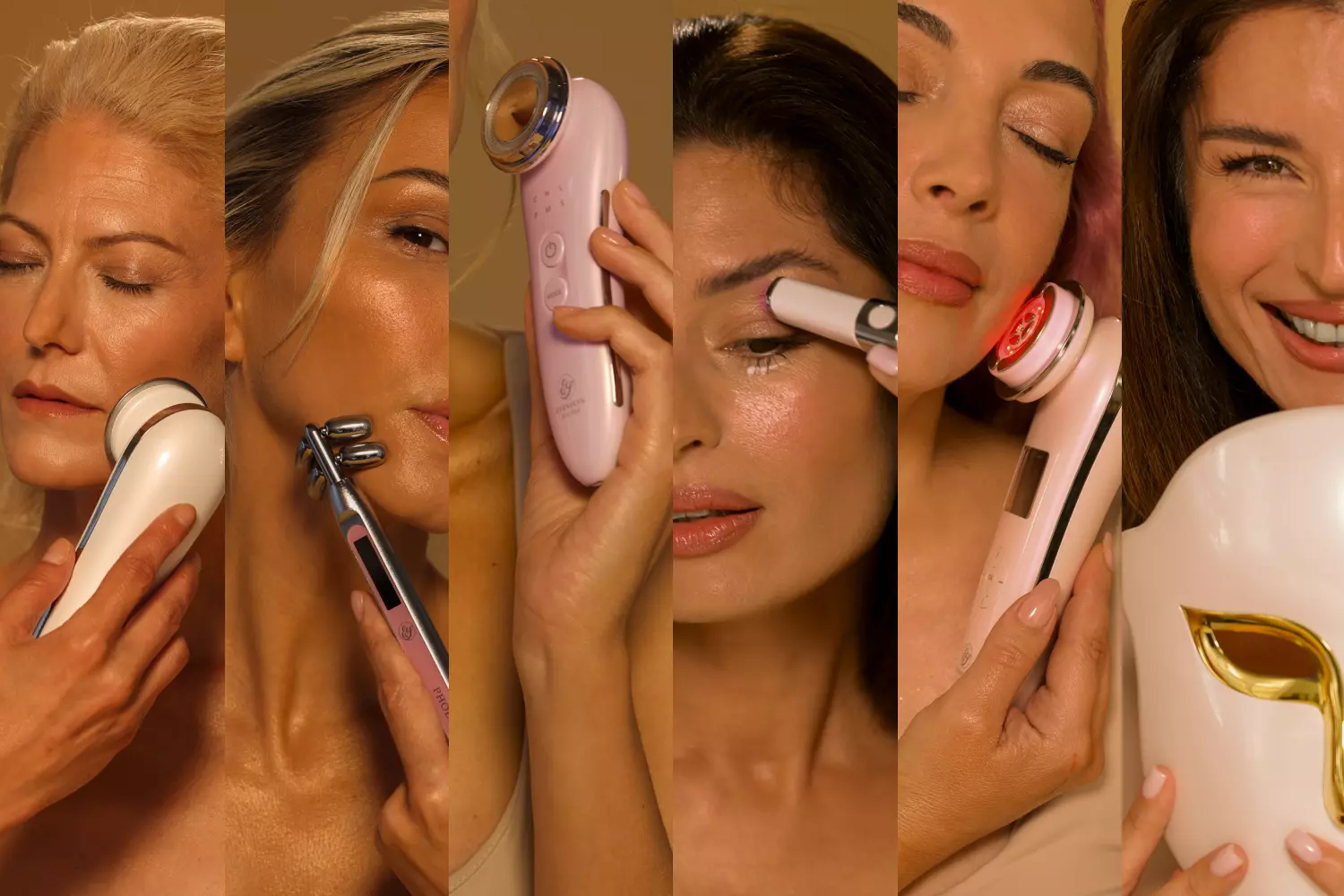
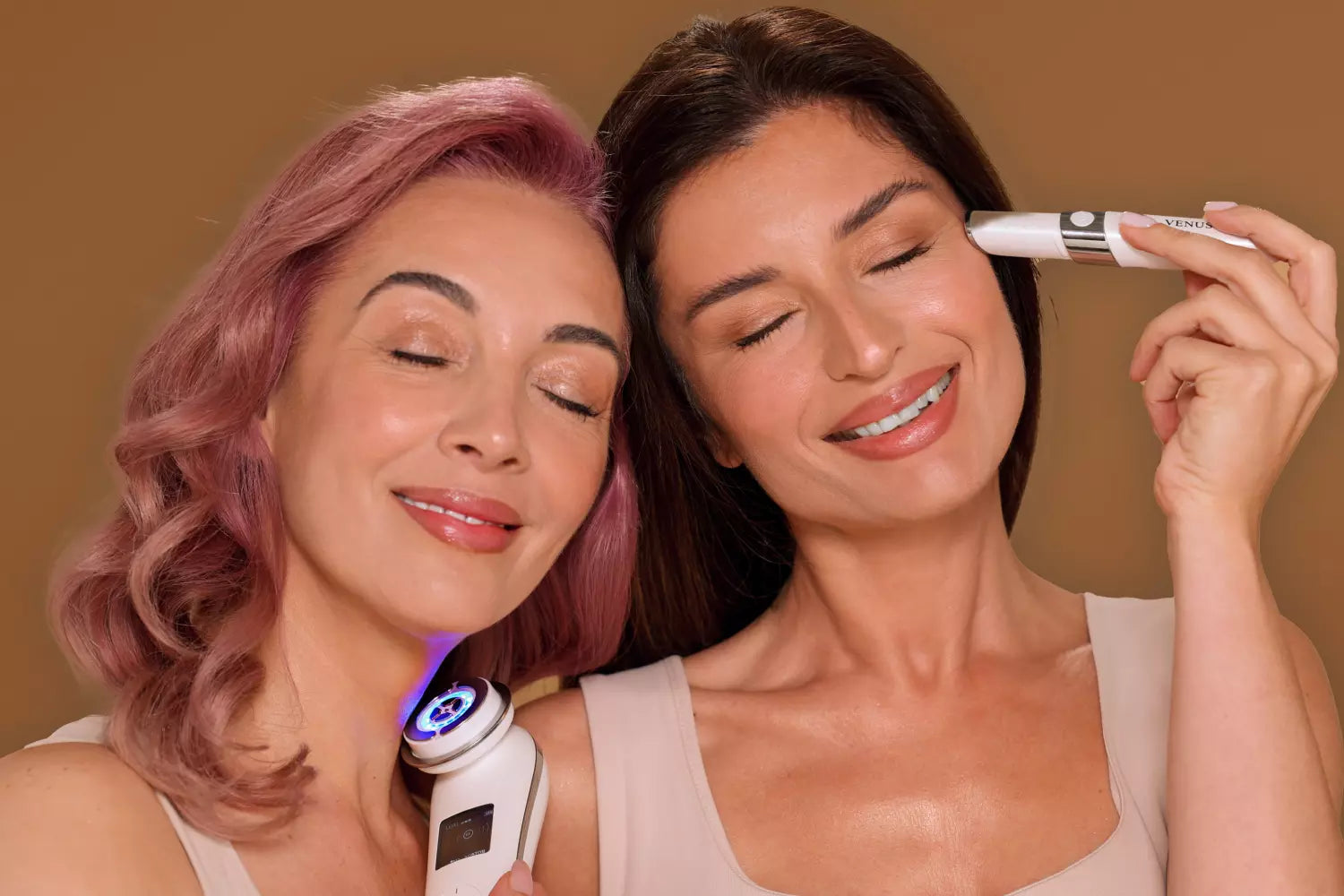
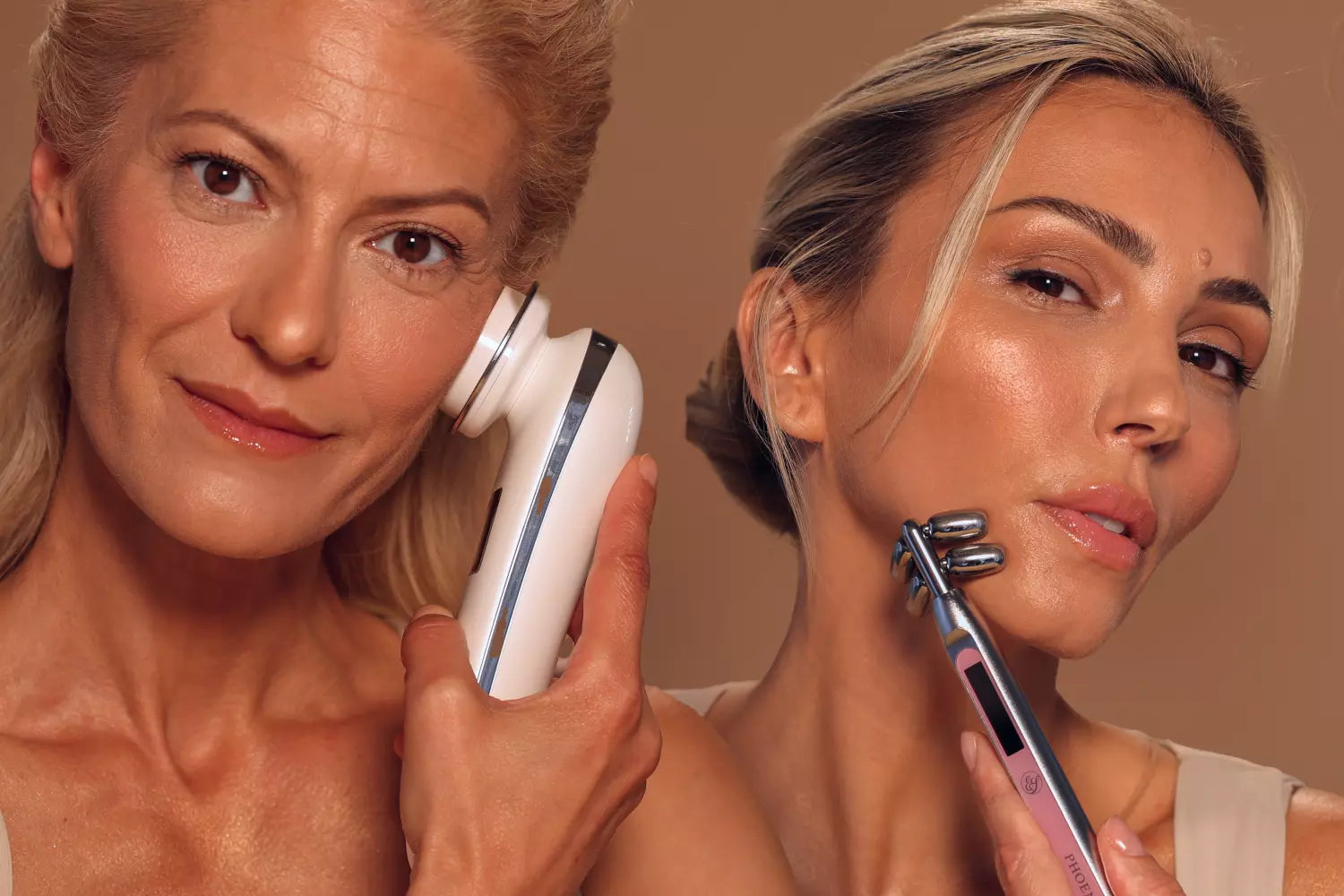
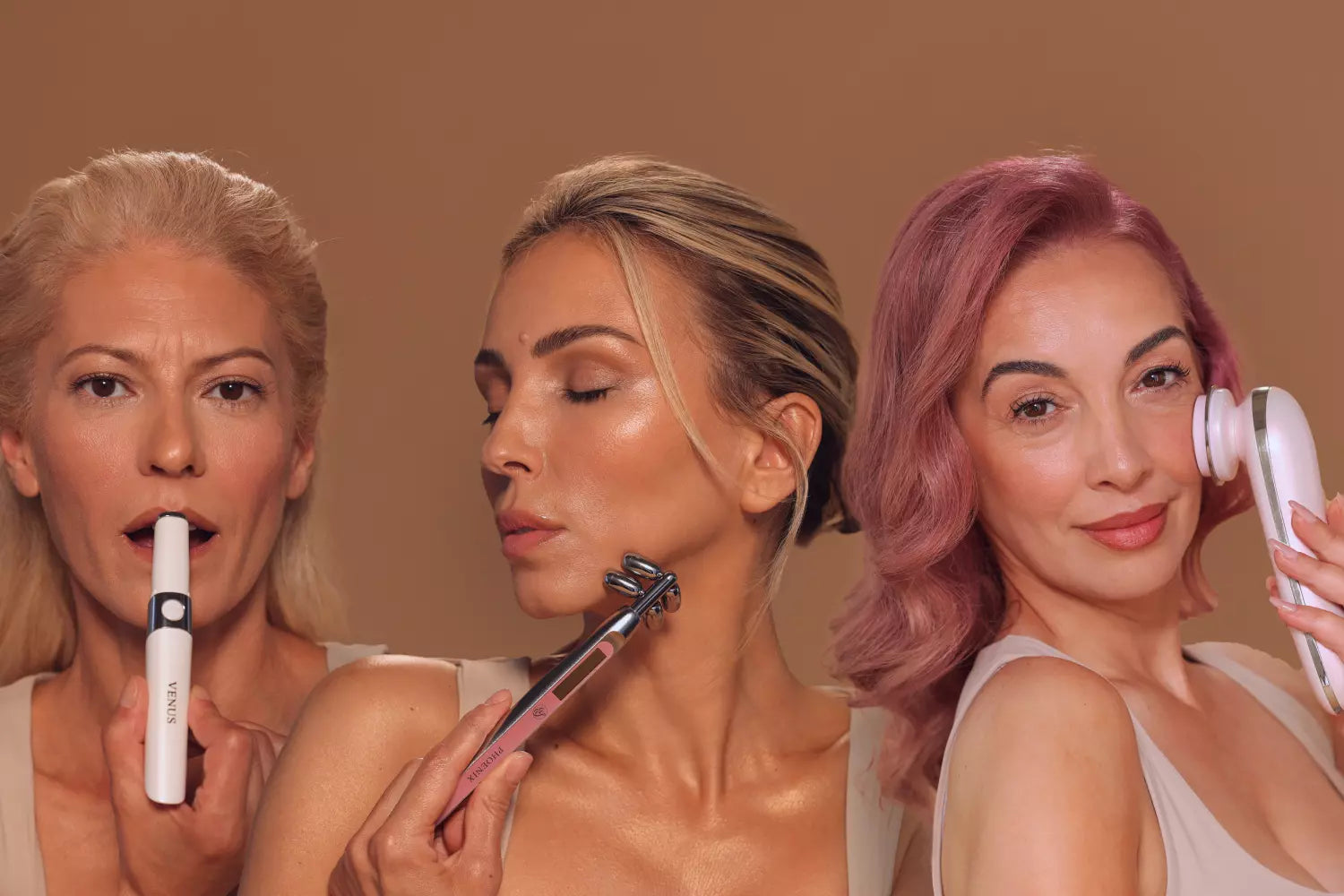


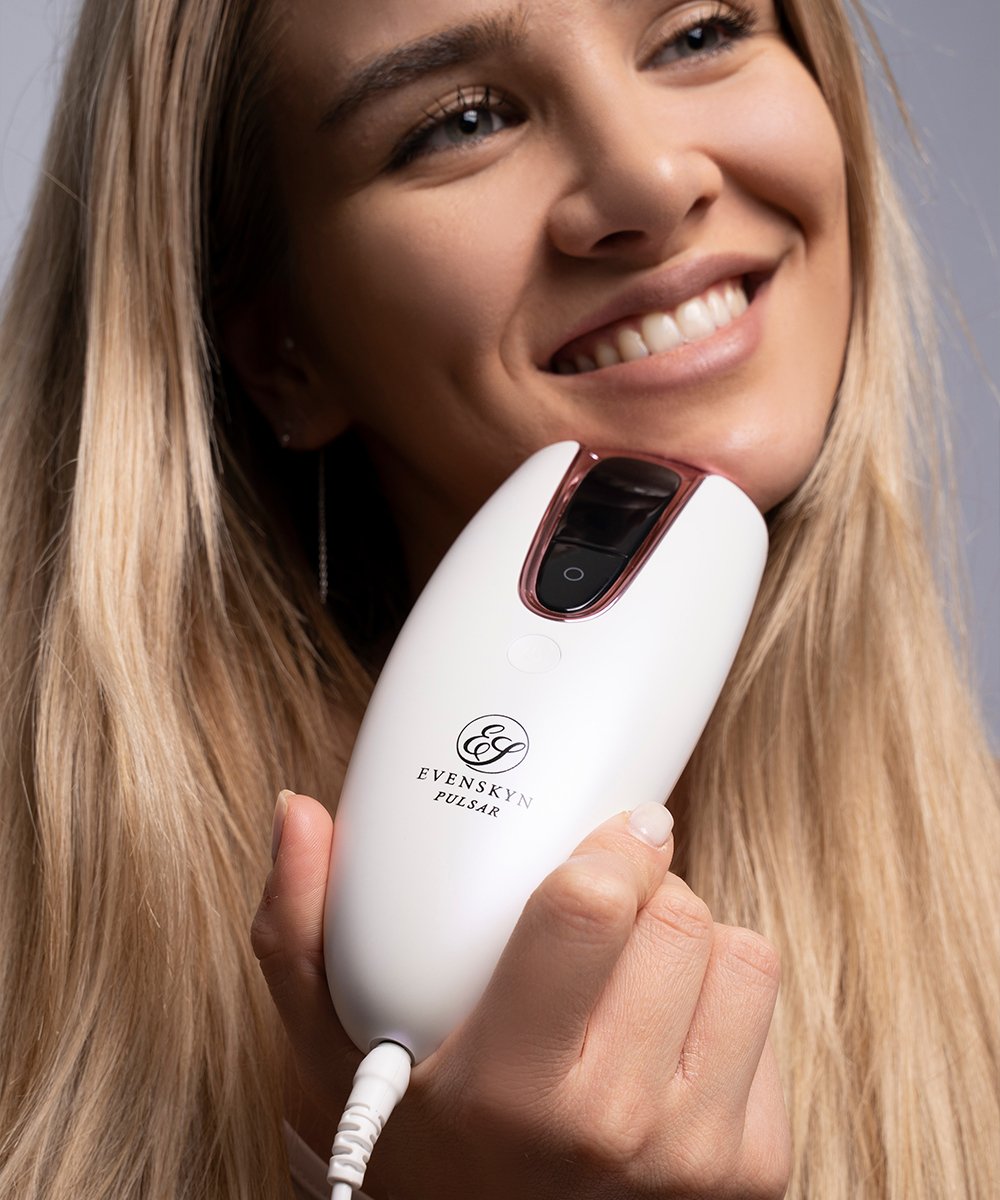
Leave a comment
All comments are moderated before being published.
This site is protected by hCaptcha and the hCaptcha Privacy Policy and Terms of Service apply.